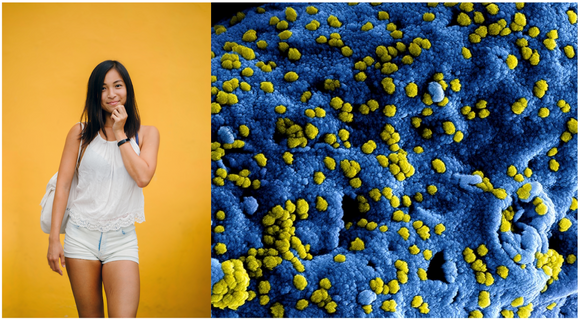Author: Sylvia Marinova, PhD student in the Genomic Stability Laboratory at BAS
In the body of each of us live numerous microorganisms (bacteria, viruses [ref.1], fungi and other life forms), the role of which for our healthis the subject of intensive scientific research. In this article, we will continue the journey through the vast debris of our intestines and put and answer some more of the most important questions related to our microscopic friends in our guts and our cohabitation with them (more about the formation of the intestinal microbiome read here [ref.2]). In particular, why are they important to our health and how tocare for our microfolo?
How gut bacteria help us
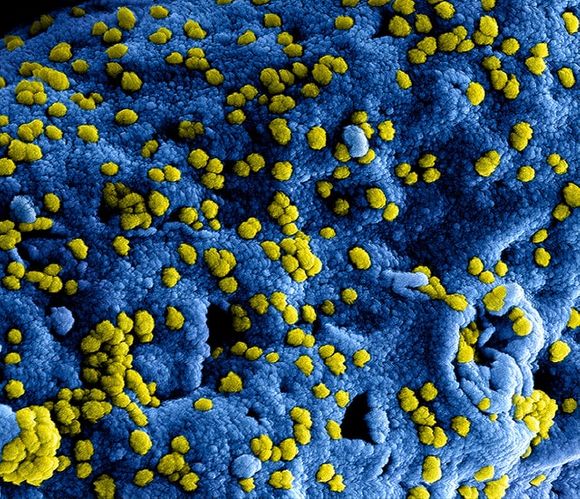
Given the many important functions of the human microbiome, it is already perceived by the scientific community as a separate body. Generally speaking, he:
- stimulates the immune system
- has a protective function against certain toxins
- has a role in digestion
- involved in the synthesis of certain vitamins, especially vitamin K and B vitamins
- necessary for the absorption of certain trace elements such as magnesium and iron
- relates to our mental health
Participation in nutrient metabolism
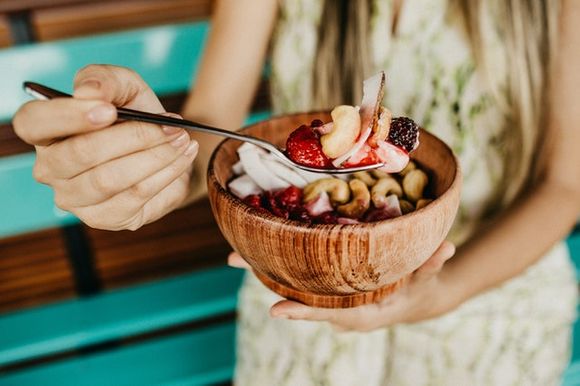
The bacteria in the large intestine feed mainly on the food residues that reach this part of the digestive tract. These are ordinary more complex sugars such as starch and fiber that cannot be processed by our body. The main product of these degrading processes are theso-called short-chain fatty acids . The main ones are called acetate, propionate and butyrate and have very important properties for our organism.
Bacteria in our intestines can also break down proteins [ref.3]. In addition, theyhave the property of converting certain amino acids into signaling molecules ( which are sent to the nervous system ) andantimicrobial peptides (usedtopreventpathogenic microorganisms).
Some studies also show the function of intestinal bacteria in the absorption of polyphenols [ref.4]. These are compounds that are found in a large amount in plants and fruits and have many beneficial propertiessuch as antioxidant, antimicrobial and others.
According to a recent clinical trial, daily intake of a probiotic with the bacterium Akkermansia muciniphila [ref.5] can be used to treat metabolic syndrome , a complex condition in which metabolism is disturbed and predisposes to type 2 diabetes [ref.6] and cardiovascular diseases.
Our intestines are directly connected to the brain
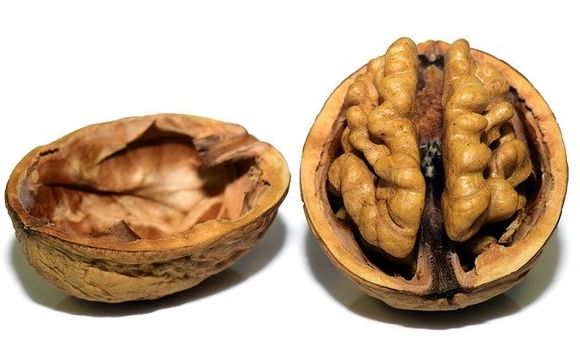
Our intestines are connected to our brain, forming the so-called " intestine-brain axis. The intestines are covered with over 100 million nerve cells and thus create a physical connection with the brain that provides the formation of nerve pathways [ref.7] and the transmission of signals within seconds.
What are prebiotics and probiotics
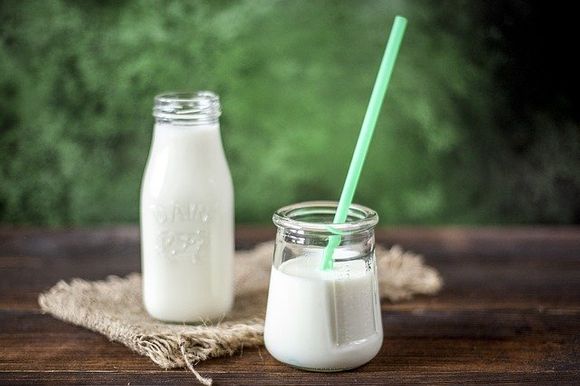
Since the health of our microbiome is so important to us, can' t we just provide a sufficient amount of the rightbacteria? Most of us have probably heard of probiotics. They are either natural foods and beverages, The effect of probiotics is much debated in the scientific community and opinions are contradictory, mostly because they are sold as dietary supplements, they do not go through the usual strict procedures for assessing quality and effectiveness as medicines. Therefore, there is no guarantee of their purity and quality.
In contrast, prebiotics are hard-to-digest carbohydrates, which are used by intestinal bacteria as the main source of energy.
Read more in the article .
Does our diet affect the health of the microbiome
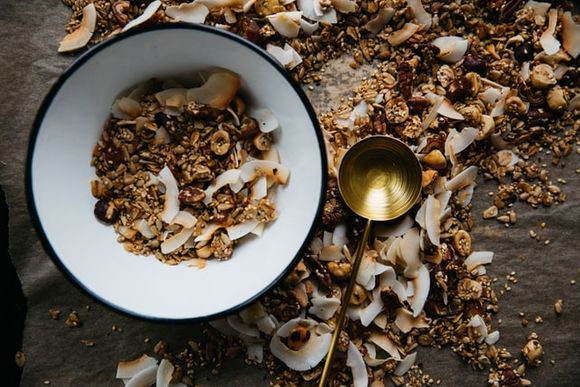
The simple answer is yes. In addition to the conditions of the external environment and the intake of drugs, the composition of the intestinal microbiome also depends on our lifestyle and the foods we take. As a simple rule,a regime rich in fiber has a role to play in the composition and quantity ofmicrobiota. As mentioned above, fibers are used as complex carbohydrates, which can only be broken down by the digestive enzymes of bacteria in the large intestine. In other words, there are fermentation processes by some bacteria that lead to the production of short-chain fatty acids. As a result, the pH in the intestine decreases and this in turn creates conditions for the heyday of other types of beneficial bacteria.
Foods that produce a large amount of short-chain fatty acids are precisely prebiotics. An example of such fibers are pectins, starch, inulin, fructooligosaccharides. They are found in abundance in fruits and vegetables. In addition, you can find them in foods from the legumes family, in whole grain flours, in whose seeds and others.
It's good to mention here, that overconsumption of prebiotic foods ora sharp change to a diet rich in fiber can lead to an increase in gasformation.
Another suitable group of foods are those, a fermentation product. Including natural Bulgarian yogurt, kefir, kombucha, pickers.
Microorganisms are not intruders
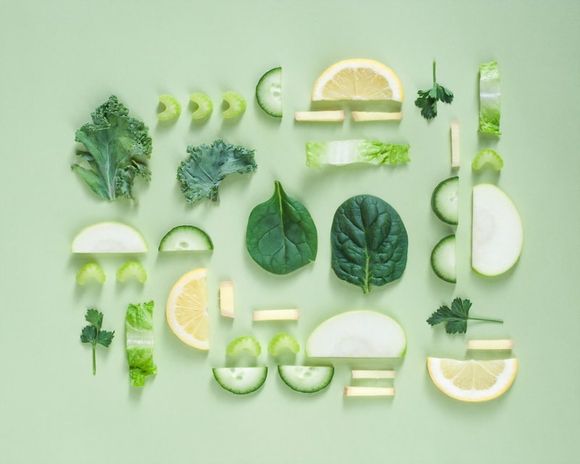
The thought of being home to multiple microorganismsis confusing and strange, But instead of looking at them as intruders in our body, it is good to accept them as our friends . . . They are undoubtedly very important participants in our health and life, and we are yet to discover new and new ways in which they influenceus. In this order ofthought, it is advisable to take good care of their well-being .
